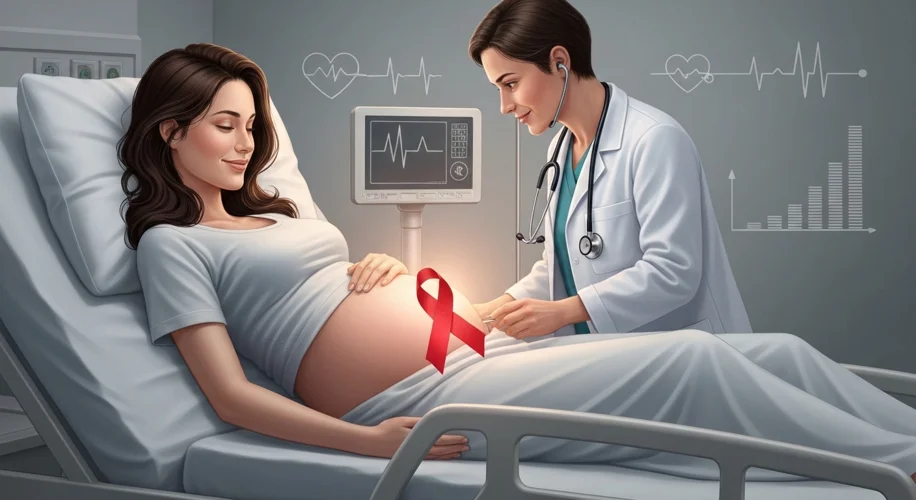It’s concerning to hear reports about a rise in syphilis, particularly congenital syphilis, impacting newborns. Recent news highlighting three infant deaths in New York due to this condition is a stark reminder of how critical prenatal care and public health awareness truly are. The New York State Department of Health (NYS DOH) is rightly increasing its focus on congenital syphilis, advising expectant mothers about the importance of STI screenings.
What is Congenital Syphilis?
Congenital syphilis occurs when a pregnant person with syphilis passes the infection to their baby during pregnancy or childbirth. Syphilis is a sexually transmitted infection caused by the bacterium Treponema pallidum. It can be passed from an infected mother to her baby through the placenta or during birth.
Why the Alarm?
Untreated syphilis in a pregnant person can lead to serious health problems for the baby, including premature birth, stillbirth, low birth weight, and lifelong health issues like bone deformities, developmental delays, and neurological problems. In the most tragic cases, as reported in New York, it can be fatal.
The NYS DOH’s advisory points to an increase in syphilis cases overall, which naturally correlates with a higher risk of congenital syphilis. This isn’t just a New York issue; health officials across the country are observing similar trends.
The Penicillin Shortage Factor
Adding to the challenge, the NYS DOH has noted a shortage of penicillin, the primary and most effective treatment for syphilis. Penicillin G benzathine is the recommended treatment during pregnancy. When there’s a scarcity of this vital medication, it complicates the ability to treat infected pregnant individuals promptly and effectively, further elevating the risk for their babies.
Protecting Pregnant People and Newborns
So, what can be done? The advice from health departments is clear:
- Regular STI Screenings: All pregnant individuals should be screened for syphilis at their first prenatal visit. Many experts recommend a second screening in the third trimester, especially for those at higher risk or in areas with a high prevalence of the infection.
- Early Diagnosis and Treatment: If syphilis is detected, treatment with penicillin should begin immediately. It’s crucial that the pregnant person completes the full course of treatment.
- Partner Notification: If a pregnant person is diagnosed with syphilis, their sexual partners should also be tested and treated to prevent reinfection and further spread.
- Increased Public Awareness: Educating expectant parents about the risks of syphilis and the importance of prenatal care is key.
This situation underscores the interconnectedness of public health. A rise in STIs affects not only individuals but also the most vulnerable among us – newborns. By prioritizing screenings, ensuring access to treatment, and raising awareness, we can work to prevent these tragic outcomes and protect the next generation. It’s a reminder that sometimes, the most powerful scientific tools are also the simplest and most fundamental, like timely medical intervention and informed care.

